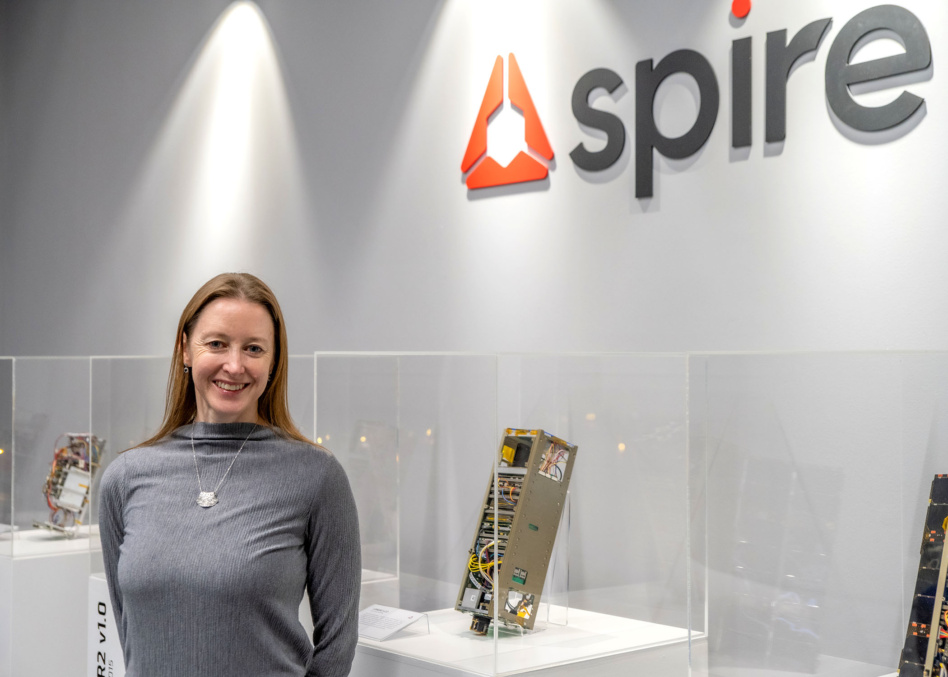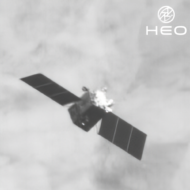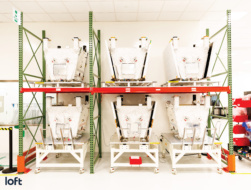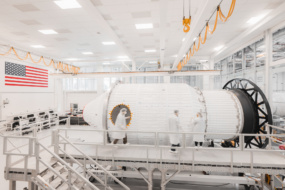Publicly traded EO company Spire ($SPIR) has gone through the wringer—but CEO Theresa Condor says the company has reached the point of a “new unveiling.”
“That was a nine-month period of two very disruptive, externally driven things—that were not so much about pure business execution—that really were a major distraction,” Condor told Payload in an exclusive interview. “Thank goodness we’re on the other side of it.”
The company’s saga exemplifies the challenges of the EO business—and the resilient demand for space capabilities.
Cash crunch: Last summer, accounting issues with Spire’s space services contracts forced it to restate its earnings—potentially violating agreements with lenders who could force immediate repayment.
In November, then-CEO Peter Platzer decided to sell the company’s maritime tracking business to Belgian firm Kpler, but the deal was hung up by UK antitrust review and a dispute with L3Harris. Spire sued in January to force Kpler to complete the transaction, and after a settlement, the deal closed in April.
Now, after the sale and raising $40M through private investment in public equity to get through the litigation, the company reported no debt and $136M in cash and securities on its balance sheet at the end of April during its first quarter earnings call. Alongside a plan to see positive cash flow from operations by the end of 2025, it’s some improvement from its dire financial situation last fall.
New team: In January, Condor—an early employee and previous COO—took the CEO job, with founder Platzer becoming executive chairperson. Condor also hired CFO Ali Engel, COO Celia Pelaz, and Chief Transformation Officer Gabriel Oehme to round out a fresh leadership team.
Cut to grow: Over the past year, the company cut its workforce by 15% and is looking at other cost-reduction measures, including closing an office next year.
More of the same: Spire has launched 200 sats since 2015, and operates 60 active spacecraft as older spacecraft have deorbited. It has two main businesses—RF sensing on its own spacecraft, and flying hosted payloads for other customers. In the last quarter, the company won a C$72M ($53M) contract (alongside partner OroraTech) to build wildfire-sensing sats for the CSA.
Public partners: Condor tells Payload that the biggest difference at Spire is “as the geopolitical situation has been changing, and really as budgets have been changing, [we are adopting] a little-bit-sharper focus on the government sector.”
That’s playing out in the US—where NOAA is looking to increase purchases of satellite weather measurements from the private sector—and abroad, as countries look for their own space surveillance solution, including using Spire spacecraft to track and locate radio transmissions.
“In the rest of the world…there’s definitely a heightened desire to have capabilities that are not reliant on what the US will decide to give, or not give,” Condor said.
This story has been updated with additional financial detail.




